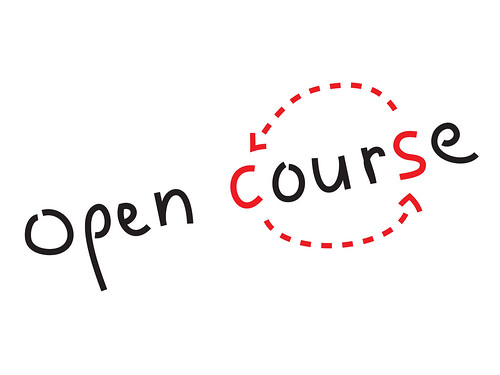It is a great idea and any public sector broadcaster like channel 4, ITV, BBC here in the uk should be delighted to make the resources available for what could be a blossoming of political engagement. So David Cameron, Gordon Brown and Nick Clegg just imagine citzenship lessons where people are mashing video of political debates.
We are a coalition of people and organizations across the ideological spectrum asking you to make this year’s presidential debates more “of the people” than ever before by bringing them more fully into the Internet age.
Specifically, we ask you to embrace these two “open debate” principles for the 2008 debates:
- The presidential debates are for the benefit of the public. Therefore, the right to speak about the debates ought to be “owned” by the public, not controlled by the media.
During the primaries, a large coalition asked that media companies release rights to presidential debate video to ensure that key moments can be legally blogged about, shared on YouTube, or otherwise shared without fear of legal repercussion.CNN, ABC, and NBC agreed to release video rights. But one media company threatened legal action against Senator McCain for using a debate clip to spread a message. Such control over political speech is inconsistent with our democracy.
We therefore call upon both candidates to commit to a principle that whenever you debate publicly, the raw footage of that debate will be dedicated to the public domain. Those in charge of the video feed should be directed to make it free for anyone to use.
- “Town hall” Internet questions should be chosen by the people, not solely by the media.
The two campaigns recently said of the October 7 debate, “In the spirit of the Town Hall, all questions will come from the audience (or Internet), and not the moderator.” We agree with the spirit of this statement. In order to ensure that the Internet portion of this debate is true bottom-up democracy, the format needs to allow the public to help select the questions in addition to asking them.This cycle’s YouTube debates were a milestone for Internet participation in presidential debates. But they put too much discretion in the hands of gatekeepers. Many of the questions chosen by TV producers were considered gimmicky and not hard-hitting enough, and never would have bubbled up on their own.
This “bubble up” idea is the essence of the Internet as we know it. The best ideas rise to the top, and the wisdom of crowds prevails. We’d propose debate organizers utilize existing bubble-up voting technology and choose Internet questions from the top 25 that bubbled up. We ask you to instruct the October 7 debate planners to use bubble-up technology in this fashion.
This is a historic election. The signers of this letter don’t agree on every issue. But we do agree that in order for Americans to make the best decision for president, we need open debates that are “of the people” in the ways described above. You have the power to make that happen, and we ask you to do so.
Thank you for your willingness to take these ideas to heart. If you have any questions, please contact: OpenDebateCoalition@gmail.com
Sincerely,
Lawrence Lessig; Professor, Stanford Law School, Founder, Center for Internet and Society
Glenn Reynolds; Professor, University of Tennessee Law, and founder of Instapundit.com blog
Craig Newmark; Founder, Craigslist
Jimmy Wales; Founder, Wikipedia
David Kralik; Director of Internet Strategy, Newt Gingrich’s American Solutions
Eli Pariser; Executive Director, MoveOn.org Political Action
Adam Green; Director of Strategic Campaigns, MoveOn.org Political Action
Mindy Finn; Republican strategist, former Mitt Romney Online Director
Patrick Ruffini; Republican consultant, Former Republican National Committee eCampaign Director
Arianna Huffington; Founder, Huffington Post
Markos Moulitsas; Founder, DailyKos.com
Jon Henke; New media consultant, including for Fred Thompson, George Allen, and Senate Republican Caucus
Mike Krempasky; Co-Founder of RedState.com
Matt Stoller; Founder/Editor, OpenLeft.com
James Rucker; Executive Director, ColorOfChange.org
Robert Greenwald; President, BraveNewFilms
Kim Gandy; President, National Organization for Women
Carl Pope; Executive Director, Sierra Club
Micah Sifry; Co-Founder, Personal Democracy Forum and TechPresident.com
Shari Steele; Executive Director, Electronic Frontier Foundation
Josh Silver; Executive Director, Free Press
Carl Malamud; Founder, Public.Resource.Org
Roger Hickey; Co-Director, Campaign for America’s Future


